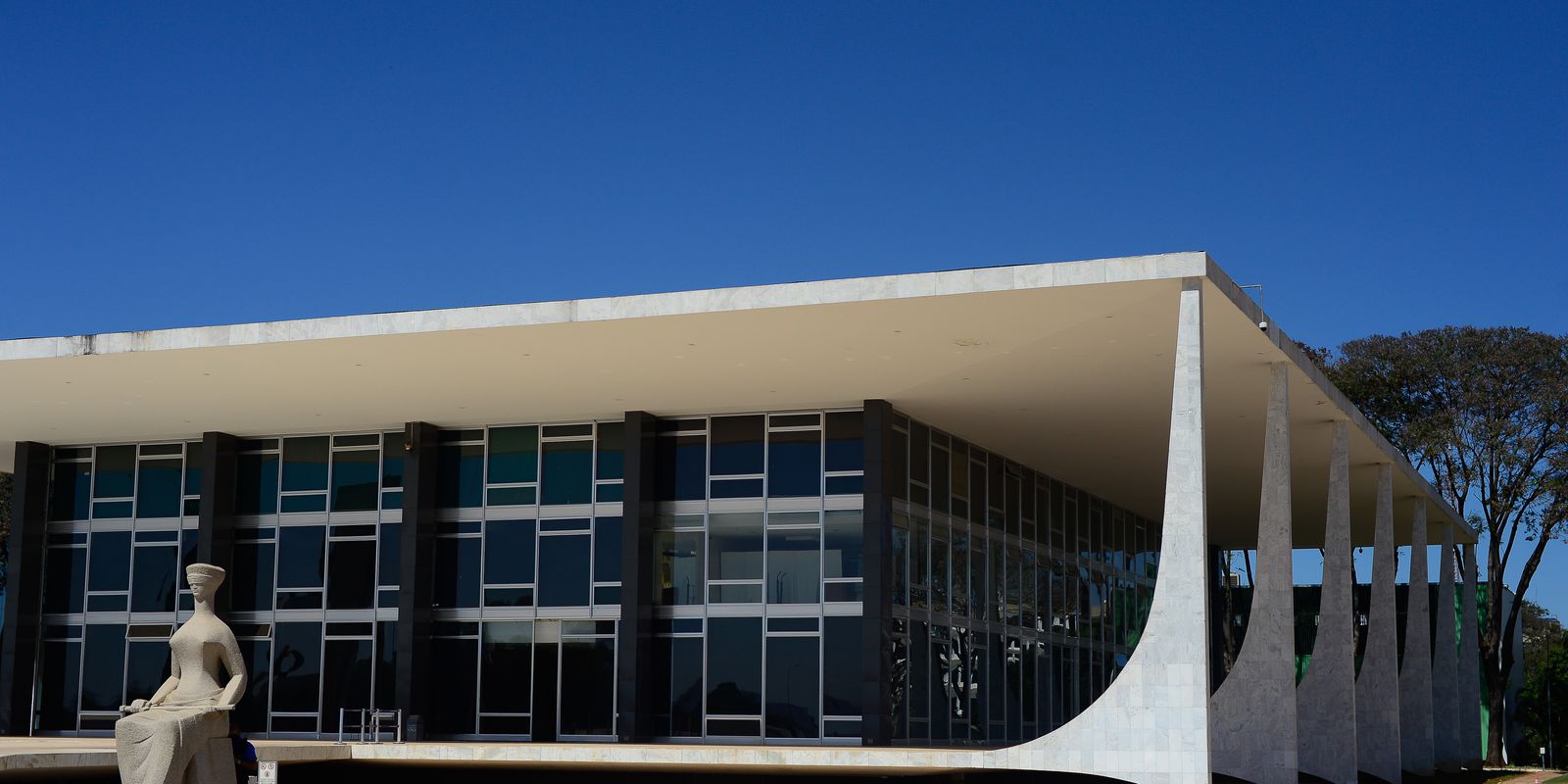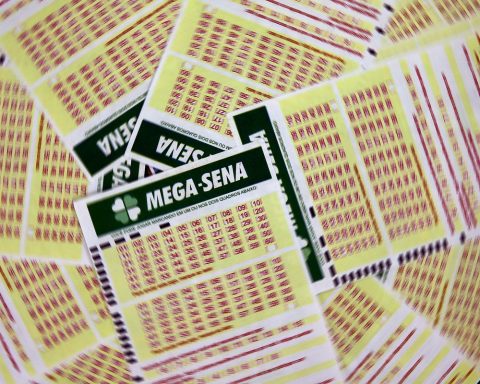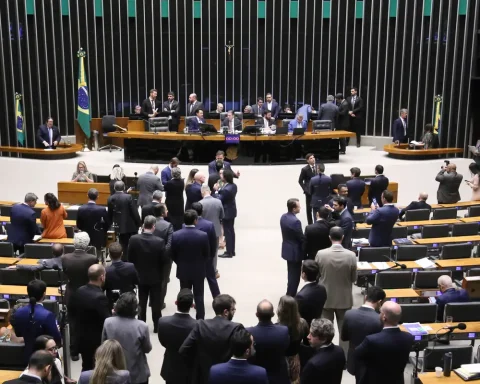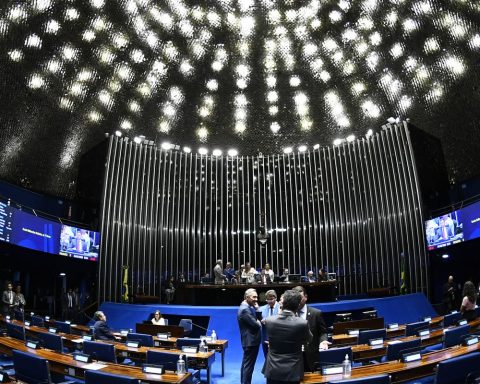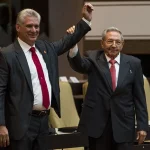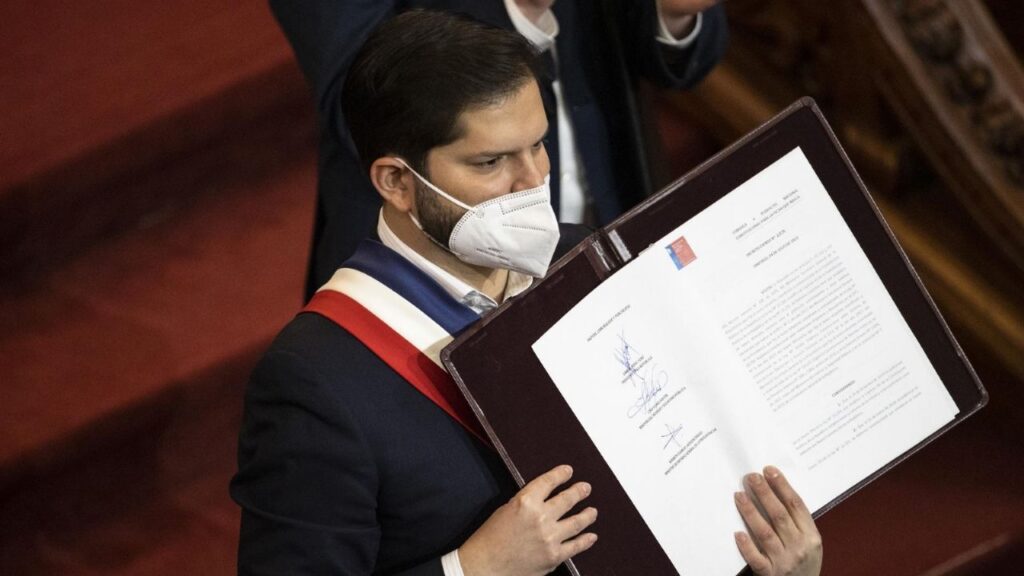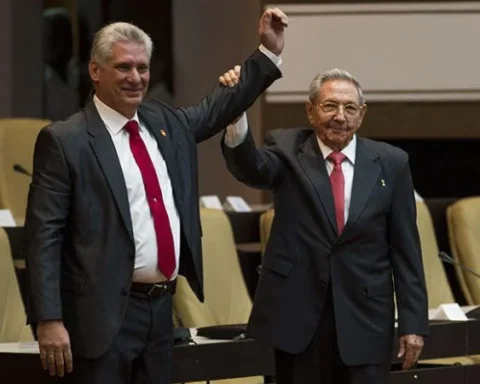By a majority of 7 to 4, the plenary of the Federal Supreme Court (STF) decided yesterday (1st) to suspend the effects of a law that relaxed legal restrictions on spending on institutional advertising by the public administration during an election year.
Enacted in May of this year, the questioned law amended the Elections Law to change the criteria for calculating the limit on advertising spending by federal, state and municipal public bodies during the first half of election years.
In the judgment, the understanding of Minister Alexandre de Moraes prevailed, for whom the easing of limits on advertising spending could unbalance the electoral dispute, favoring candidates for reelection.
Following this understanding, the plenary approved the granting of an injunction (provisional decision) determining that the new legislation will take effect only after the October elections of this year, in compliance with the constitutional principle of electoral annuality.
The law in question was questioned in the Supreme Court in two direct actions of unconstitutionality (ADI’s). In addition to electoral annuality, the pieces mention violation of constitutional principles of public morality and isonomy and legal certainty.
“The expansion of public spending on institutional advertising on the eve of the election may constitute a misuse of purpose in the exercise of political power, with real possibilities of influence in the election”, said Moraes in his vote. He also alleged risks to the freedom of the vote to political pluralism, principles also provided for in the Constitution.
Moraes followed the opinion of the Attorney General’s Office (PGR), according to which “any increase in the spending limit on institutional advertising, which took place less than a year before the elections, has the potential to alter the pre-established balance between the candidates”.
defeated vote
Moraes’ disagreement was accompanied by ministers Edson Fachin, Luís Roberto Barroso, Cármen Lúcia, Ricardo Lewandowski, Gilmar Mendes and Rosa Weber. The rapporteur, Dias Toffoli, and ministers Luiz Fux, Nunes Marques and André Mendonça were defeated.
In his losing vote, Toffoli had considered that the changes promoted by the new legislation would not have an impact on the elections, as they would not allow the “use of institutional publicity for the benefit of parties and candidates, limiting itself to changing the criteria for measuring the average of expenditures made under this heading, in addition to providing for a monetary correction index and allowing the realization of advertising aimed at the COVID-19 pandemic without harming other campaigns of public interest”.
According to the old wording, this limit would be the average of expenses in the first half of the previous three years. In the new legislation, the limitation had become the monthly average, multiplied by six, of the amounts pledged and not canceled in the three years prior to the election, including monetary adjustment for inflation.
In addition, the suspended law exempted advertising spending related to the covid-19 pandemic from the limits imposed by electoral legislation.
Article amended at 10:06 pm to correct information on institutional advertising spending methodology in an election year.
